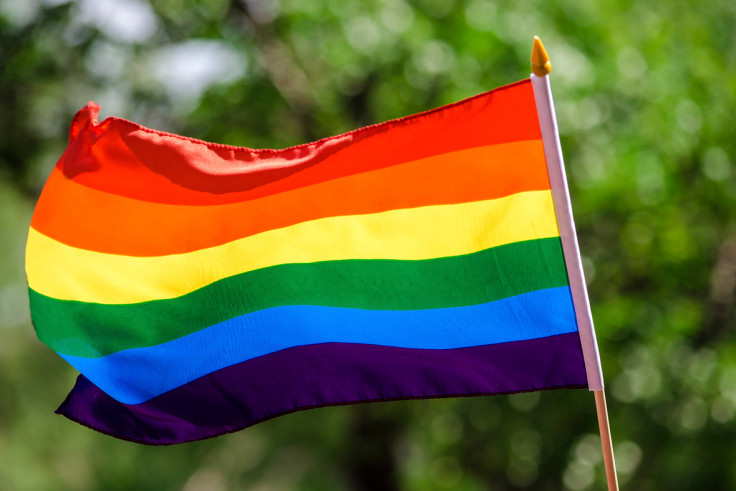'The experience differs for all LGBT people' - Thoughts and advice about coming out
Matt Horwood of the charity Stonewall offers his thoughts and advice on coming out.

Every year on National Coming Out Day, we celebrate coming out as lesbian, gay, bisexual, transgender, queer and all genders and sexualities.
On the day, Matt Horwood of the charity Stonewall, shares his thoughts and experience of coming out and offers advice for anyone who wants to come out but is finding it difficult.
It is not a singular moment
"I can't imagine how hard it must be when you first come out" is a well-meant sentiment that so many lesbian, gay, bi and trans people hear when talking to friends, family and colleagues.
What people often fail to realise, or consider, is the fact that it's not just a singular moment, or a world conference for everyone we've ever known, do know or will come to know. Things would be an awful lot easier if they were.
I came out at school. I came out at university. I came out in my first ever job. And my second, third, fourth and fifth. In December last year, I came out to my grandma. With a letter. And that was the most scared I had ever felt when coming out.
Her response?"It makes me love you even more". I even introduced her to a boy earlier this year, who she now won't stop asking after – shame that it didn't end up working out!
Not all experiences of coming out are the same
Understand that the experience of coming out differs for all LGBT people.
Some of these experiences are easier than others. Sometimes it's voluntary, when we're talking about what we're up to on the weekend and choose to use gender-specific pronouns to describe partners or dates.
Other times it's when we have to correct people. No, the flowers aren't for my girlfriend. They're actually for my boyfriend.
The concept of coming out for the first time is a difficult one. Often people are young, if not naïve to what it feels like to being an out member of the LGBT community.
No one (if not a few people) will have accepted them for their honesty, embraced them and told them it will all be all right. So there's certainly a real pang of "what if?" around how your nearest and dearest will act.
Coming out can be exhausting
But the need to continue coming out to those around us, whether it's people we see each day or someone we're meeting for the first time, can often be exhausting.
Whether it's while calling out anti-LGBT "banter", ensuring someone in a bar that you're definitely not looking at his girlfriend, or trying to explain it to your grandparents for the first time, continuing to come out does not get easier.
Support network
If you're struggling to come out to someone, or a group of people around you, don't panic. Ensure you have a strong support network. If you don't – then there are community groups across the UK that can offer you support.
Allow time
Give those around you time for the news to sink in. Sometimes an immediate reaction is rooted in surprise, and loved ones in particular need time to process it all. Which is completely normal.
Never judge
We should never judge someone on how or when they choose to come out – if ever. It's a personal decision and we should never pressure someone to come out, let alone disclose their sexual orientation or gender identity to other people who might not know it. This is especially important at school and in the workplace.
And meanwhile, celebrate your LGBT friends this National Coming Out Day, and all of the wonderful things they've come to experience and share since being able to feel free to be themselves around you and their loves ones.
For more support and advice about coming out, visit: Stonewall.org.uk/help-advice/coming-out
© Copyright IBTimes 2025. All rights reserved.






















